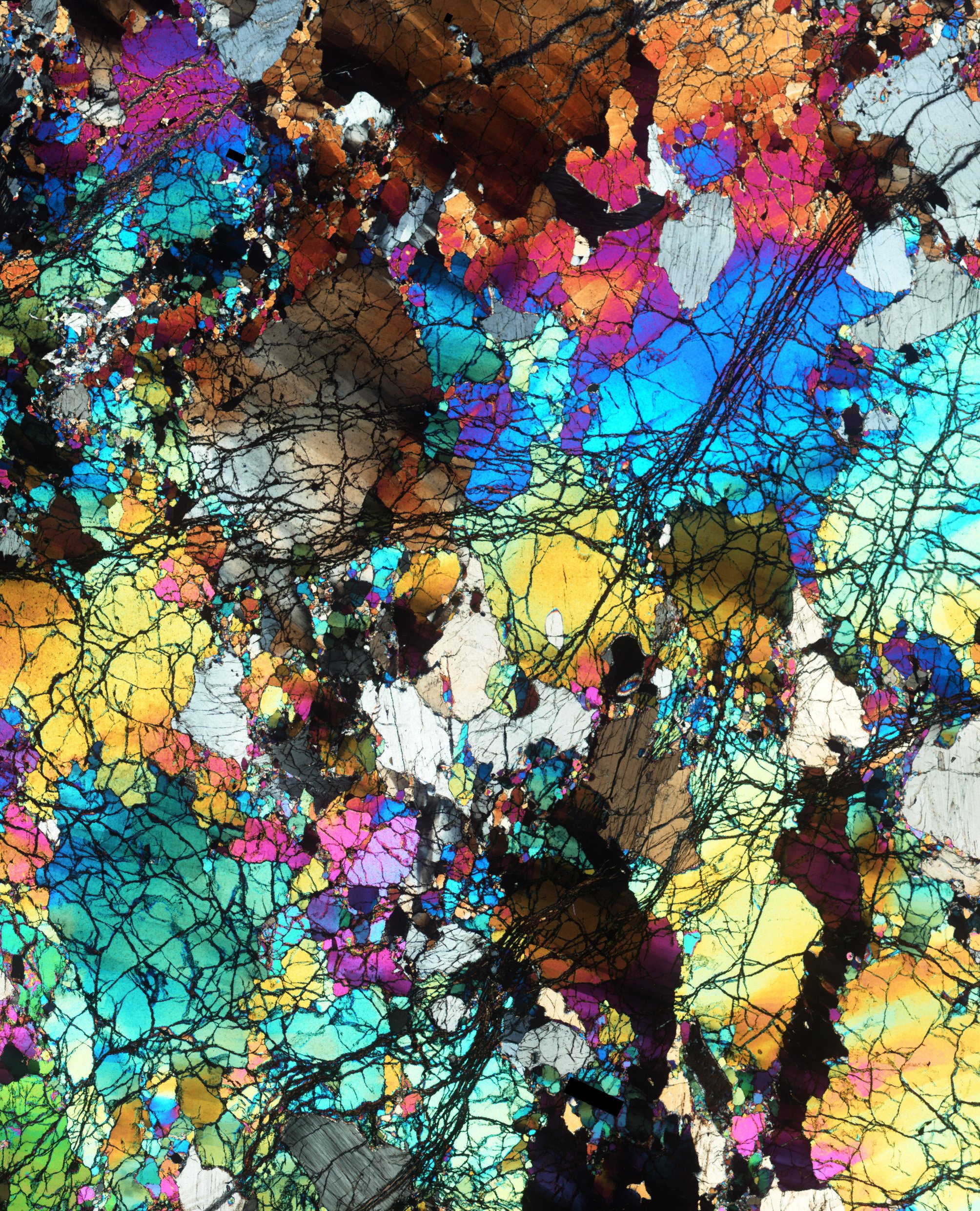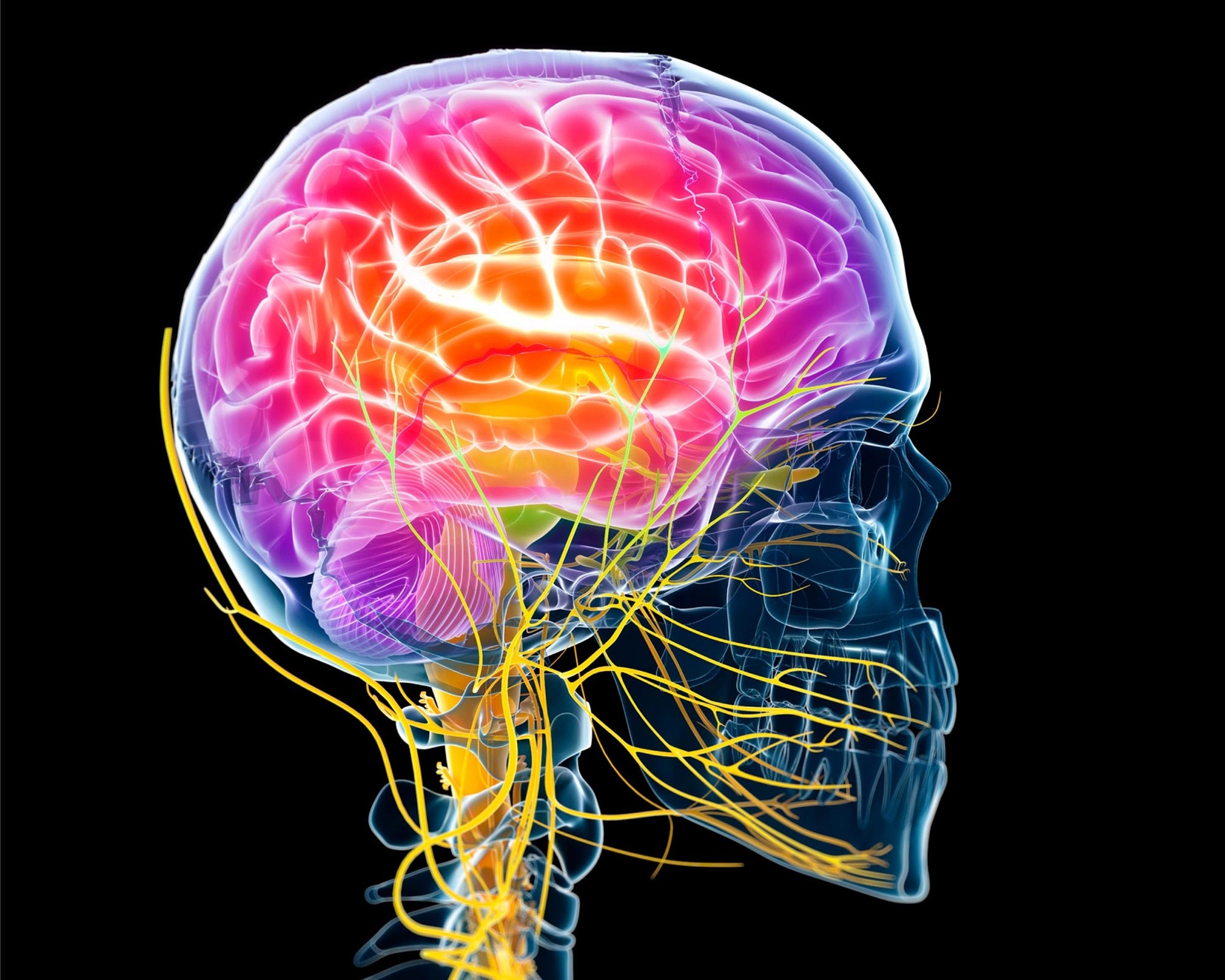
Cilia adalah struktur kecil seperti rambut yang ditemukan di permukaan sel dalam tubuh. Mereka diketahui memainkan peran penting dalam berbagai fungsi tubuh, seperti merasakan lingkungan dan memindahkan cairan. Di otak, silia ditemukan memainkan peran penting dalam striatum, wilayah yang terlibat dalam pergerakan, motivasi, dan persepsi waktu. Penelitian terbaru mengungkapkan bahwa silia di striatum memainkan peran kunci dalam kemampuan kita untuk melihat waktu,
Peneliti UCI telah menemukan peran penting silia dalam striatum dalam persepsi waktu.
Sebuah studi terbaru dari para peneliti di Universitas California, Irvine Ditemukan bahwa menghilangkan silia dari daerah striatum otak secara negatif memengaruhi persepsi dan penilaian waktu, yang membuka kemungkinan target terapi baru untuk kondisi mental dan neurologis seperti skizofrenia, penyakit Parkinson dan Huntington,[{” attribute=””>autism spectrum disorder, and Tourette syndrome.
The striatum is responsible for processing and integrating new sensory information from the environment and coordinating the sequence of motor responses. In individuals with mental and neurological disorders, there is often a significant decline in the ability to adapt to changes in the environment and correctly estimate the timing and completion of voluntary actions.
The study, which was recently published in the journal Molecular Neurobiology, uncovered the first evidence of the important role cilia play in timing-dependent dysfunction.
“Our findings may revolutionize our understanding of brain functions and mental disorders in the context of the critical task performed by these previously unappreciated organelles in the brain’s ‘central clock’ function,” said Amal Alachkar, Ph.D., corresponding author, and professor of teaching in UCI’s Department of Pharmaceutical Sciences. “Our results may open new avenues for effective intervention through cilia-targeted therapies for treatment.”
The striatum is part of the brain’s circuitry that performs central clock processes, essential in controlling executive functions such as motor coordination, learning, planning, and decision-making, as well as working memory and attention. Cilia protrude from the brain cell surfaces like antennae, working as a signaling hub that senses and transmits signals to generate appropriate reactions.
To examine their physiological role, the researchers removed cilia from the striatum in mice using conditional gene manipulation technology. These rodents were not able to learn new motor tasks, showed repetitive motor behavior, and exhibited delays in decision-making. They were also deficient in rapidly recalling information about their location and orientation in space and in their ability to filter irrelevant environmental sensory information. However, the mice maintained habitual or already learned motor skills and long-term memories.
“Successful performance of working memory, attention, decision-making, and executive function requires accurate and precise timing judgment, usually within a millisecond to a minute,” Alachkar said. “When that capacity is impaired, it means losing the ability to quickly adjust behavior in response to changes in external stimuli and failing to sustain appropriate, goal-oriented motor responses. Our ongoing work is aimed at understanding the mechanisms by which cilia regulate time perception and developing targeted therapies to improve behavioral deficits.”
Reference: “Cilia in the Striatum Mediate Timing-Dependent Functions” by Wedad Alhassen, Sammy Alhassen, Jiaqi Chen, Roudabeh Vakil Monfared and Amal Alachkar, 2 November 2022, Molecular Neurobiology.
DOI: 10.1007/s12035-022-03095-9
The study was funded by the National Institutes of Health.

“Gamer yang sangat menawan. Ahli web. Sarjana TV. Pecandu makanan. Ninja media sosial yang rajin. Pelopor musik hardcore.”






More Stories
Sebuah studi baru menantang teori oksidasi mantel
Generasi Milenial dan Generasi X menghadapi risiko lebih tinggi terkena 17 jenis kanker ini dibandingkan generasi baby boomer: ScienceAlert
Sebuah pencapaian penting bagi NASA dalam menemukan exoplanet